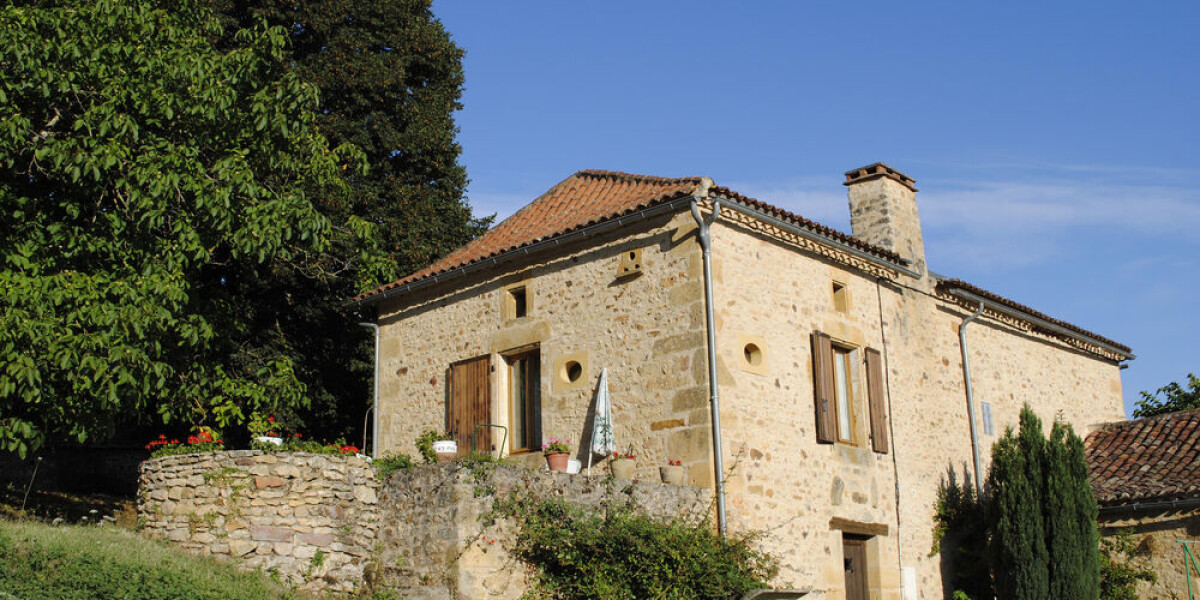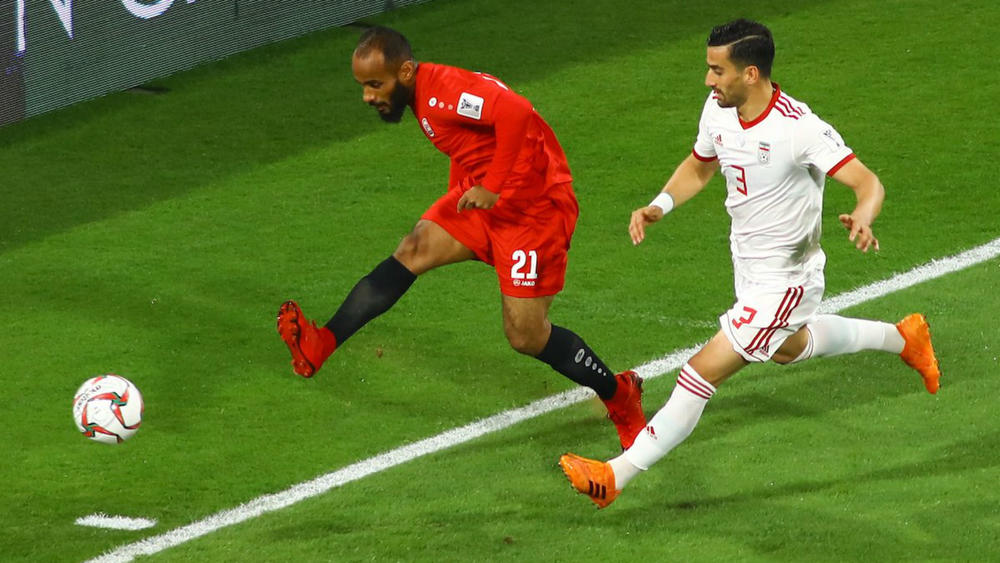
- Select a language for the TTS:
- UK English Female
- UK English Male
- US English Female
- US English Male
- Australian Female
- Australian Male
- Language selected: (auto detect) - EN
Play all audios:
With Christmas just around the corner, the time has come to nominate some new chess books for chess enthusiasts. A real heavyweight is the latest Elk and Ruby disquisition on the inside
stories of the Soviet Chess Imperium, _Masterpieces and Dramas of the Soviet Championships Volume III (1948-1953)_, compiled by Sergey Voronkov. In the final throes of Stalin’s dictatorship,
Botvinnik, Bronstein, Smyslov and Keres , imposed their stamp on world chess. Botvinnik had conquered the world title in 1948 and retained the supreme accolade against Bronstein in 1951.
Meanwhile, Bronstein and Smyslov carried off the laurels in the first two FIDÉ Candidates tournaments, while a phalanx of young talent — including Petrosian, Taimanov, Geller and Averbakh —
was rising to the fore. Yet, paradoxically, internal intrigue and division were rending this mighty empire apart, resulting in some inconsistent messages to the world chess community. In
spite of their overwhelming force, the USSR team boycotted the 1950 Olympiad, or world team tournament, an omission not repeated until the Haifa Olympiad in 1976. More recently, Russia was
excluded from the 2022 Olympiad, in the wake of the illegal invasion of Ukraine. Astoundingly, for the 1952 Olympiad, world champion Botvinnik was voted off the squad — which nevertheless
still won gold, with Paul Keres on top board. For the student of Soviet life during the embers of the Stalin era, this book is a must. Which brings me to my next choice:_ The Most Exciting
Chess Games Ever _by Steve Giddins. This book is subtitled: The Experts’ Choice in New In Chess Magazine. Twenty years ago, _New In Chess _magazine started its own Questionnaire, entitled
“Just Checking”. In this back page column, chess players and personalities named their favourites, preferences, moods, life mottos and so on. One of the questions has always been: What was
the most exciting chess game you ever saw? Chess greats such as Anand, Shirov and Ivanchuk, authors and commentators such as Jeremy Silman, Jennifer Shahade, and Tania Sachdev nominated
their choice of the most memorable games. This anthology now presents the 45 most exciting of these games. Besides the usual suspects — such as Kasparov-Topalov (Wijk aan Zee 1999) or the
‘Immortal’ Anderssen-Kieseritzky (London 1851) — readers are treated to a wide variety of lesser-known gems. You’ll see Ding Liren revelling in an all-out attack, Ivan Saric juggling a
knight and five pawns versus two rooks, and Sergei Radchenko chasing the white king all over the board. Every game is a showcase of the richness and resourcefulness of chess. The ever
reliable Steve Giddins edited this selection (200 pp, New in Chess, £22), a job he immensely enjoyed: “l hope that every reader will find games here which bring a smile to their face and a
lift to their heart.” There is of course a debate about what constitutes an ideal book for the general chess reader and, indeed, what constitutes an exciting game. In terms of the first
category Giddins’ work scores very highly: clear printing and layout, a powerful narrative, notes not overburdened with computer analysis print out and a definite personal character driving
the commentary. It reminds me of the best days of Harry Golombek, king of chess annotators, whose books on Reti and Capablanca (both published by Hardinge Simpole) remain classics of the
game anthology genre. The choice of exciting games largely centres on those of the blood and thunder variety, such as the two samples linked above. Personally, I think there can be a quite
different dimension to excitement. For example, the 24th and final game of the 1987 Kasparov v Karpov world championship in Seville. In many ways unremarkable, the game was adjourned
overnight with Kasparov in a superior position, but could he break down Karpov’s fortress, win the game and salvage his world title? During the overnight adjournment, the chess world,
divided into supporters of Kasparov or Karpov, were on tenterhooks, with _NESSUN DORMA _applying to everyone who could get their hands on a chess set to analyse the unfinished game. When the
Spanish TV programme on the game, hosted by the world’s leading chess journalist, my good friend Leontxo Garcia, resumed live transmission next day, it was avidly followed by millions of
viewers. As the great Praeceptor Germaniae, Dr Siegbert Tarrasch, rightly said: “Chess, like love, like music, has the power to make men [and women] happy.” Mention of Anatoly Karpov brings
me to the rumours now abounding concerning the medical condition of the Russian former world champion, who is reportedly recovering in a Moscow hospital from brain and other injuries. Hard
information in Putin’s Russia is hard to come by. Here are some facts upon which I believe we can rely. Having played already in important events in the USA, in 2003, Karpov opened his first
American chess school in Kansas.On March 2, this year, the school announced a name change to : _THE INTERNATIONAL SCHOOL OF CHESS OF THE MIDWEST_ , due to Putin’s invasion of Ukraine.
Karpov has been a member of the sixth, seventh and eighth Russian State Dumas.Since 2005, he has been a member of the Public Chamber of Russia. On December 17, 2012, Karpov supported the law
in the Russian Parliament banning adoption of Russian orphans by U.S. citizens. So far, nothing outrageous to annoy the USA, and definite support for the Russian regime, unlike Garry
Kasparov, of course. After that, Karpov’s stated opinions became increasingly pro-Putin. Thus he expressed support for the annexation of Crimea by Russia and accused Europe of trying to
demonize Putin. In August 2019, Maxim Dlugy, whom we encountered in last week’s column, said that Karpov had been waiting for nine months for the approval of a non-immigrant visa to the
United States, despite frequently visiting the country ever since sharing first prize at a famous tournament at San Antonio in 1972. Karpov had been scheduled to teach a summer camp at the
_CHESS MAX ACADEMY_. According to Dlugy, Karpov had been questioned at the US embassy in Moscow about whether he planned to communicate with American politicians. Karpov was among the
Russian State Duma members placed under sanctions by the EU before the Russian invasion of Ukraine.In March 2022. As a result of the invasion, the FIDE Council ( paradoxically guided by its
Russian President , Arkady Dvorkovich) suspended Karpov’s title of FIDE Ambassador for Life. At the start of this month, Karpov received a serious head injury that left him concussed;
according to some sources, he was placed in an induced coma.Sources vary considerably on the cause of the injury, including allegations that he was attacked , or that he was heavily
intoxicated. Karpov’s daughter Sofia claimed that he had accidentally fallen; this anodyne explanation was echoed by the Russian Chess Federation. What remains suspicious is that, in public,
Karpov had recently regretted the Ukraine invasion: “I wish [the war] would end sooner, so that peaceful people would stop dying.” He added that he had many Ukrainian friends. As I have
pointed out in this column, many of my friends whom I had previously considered Russian, were in fact Ukrainians, such as Leonid Stein and David Bronstein. Attacks against sympathisers for
Ukraine are commonplace in Russia, but at this time the truth about Karpov’s fate remains hermetically sealed. To paraphrase Churchill on Russia: it is a riddle, wrapped in a mystery, inside
an enigma. _Raymond Keene’s latest book “Fifty Shades of Ray: Chess in the year of the Coronavirus”, containing some of his best pieces from TheArticle, is now available from _ Blackwell’s
_. _ _HIS 206TH BOOK, CHESS IN THE YEAR OF THE KING, WITH A FOREWORD BY THEARTICLE REGULAR CONTRIBUTOR, PATRICK HEREN, IS IN PREPARATION_ _._ A MESSAGE FROM THEARTICLE _We are the only
publication that’s committed to covering every angle. We have an important contribution to make, one that’s needed now more than ever, and we need your help to continue publishing throughout
these hard economic times. So please, make a donation._









